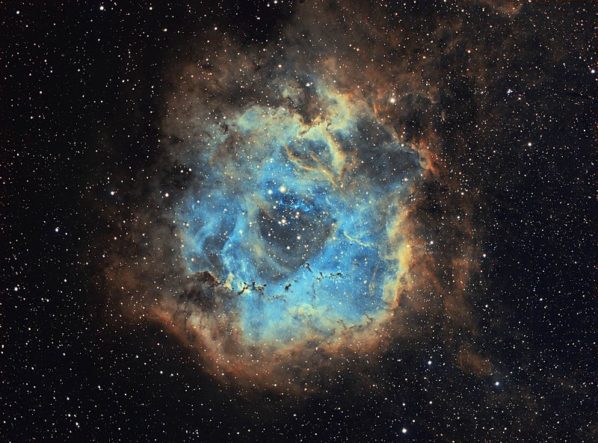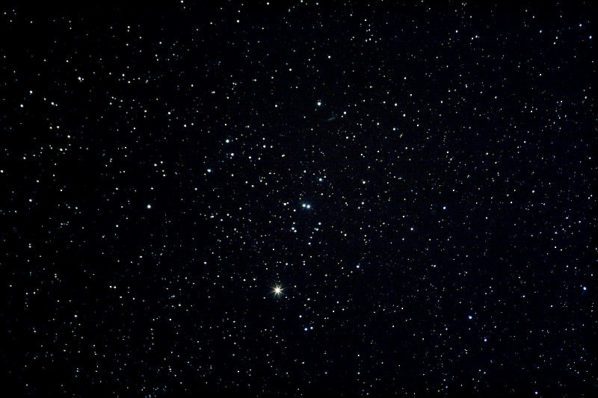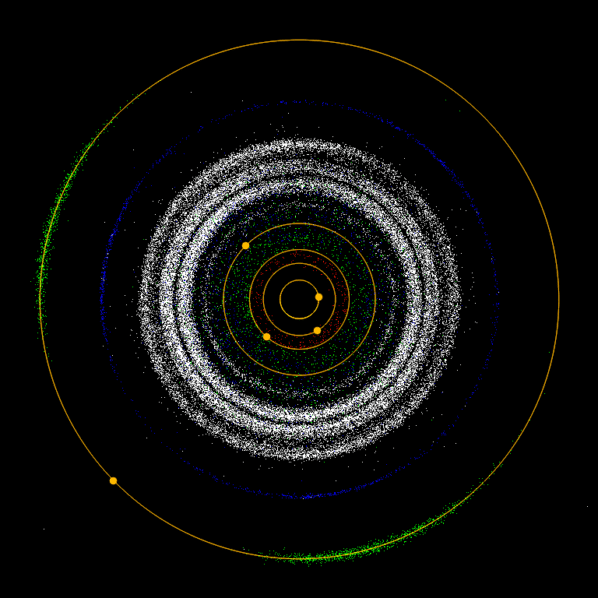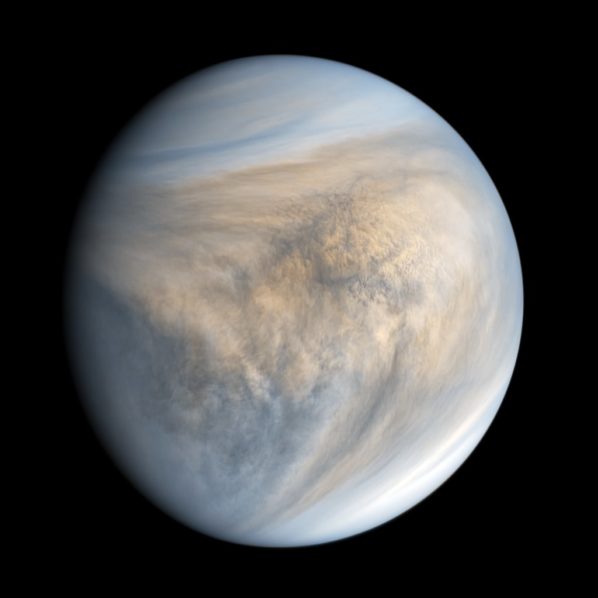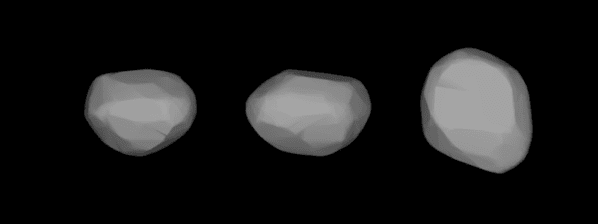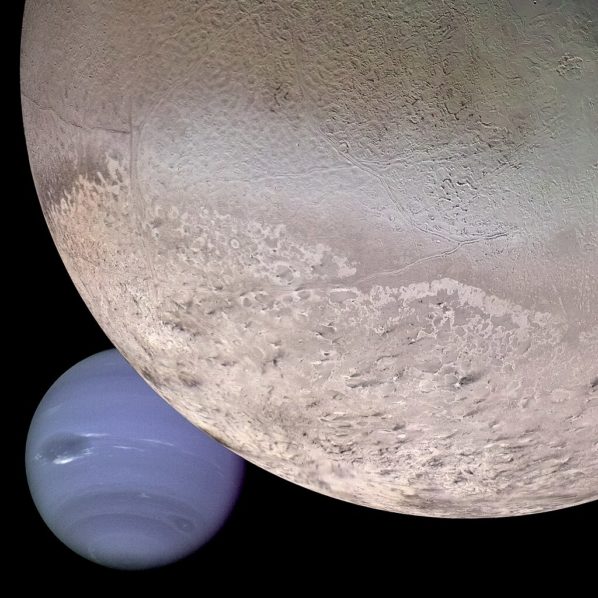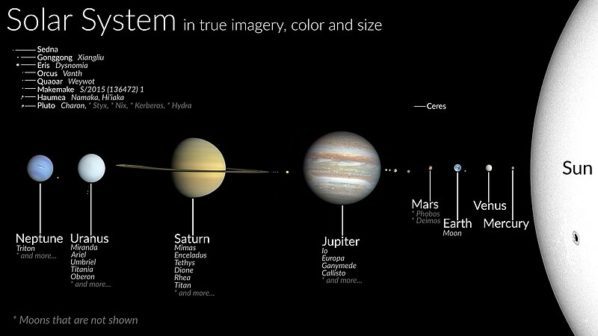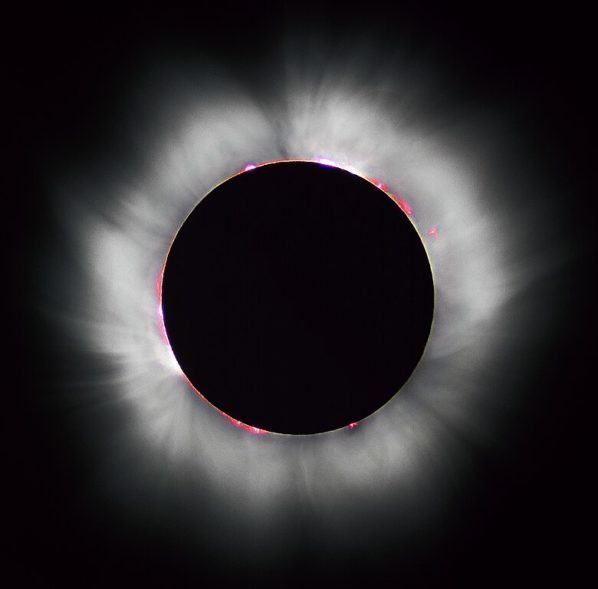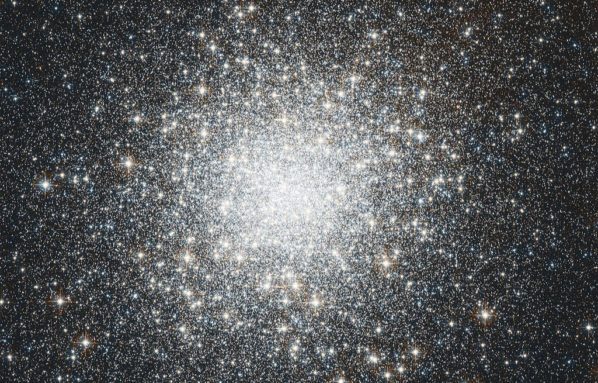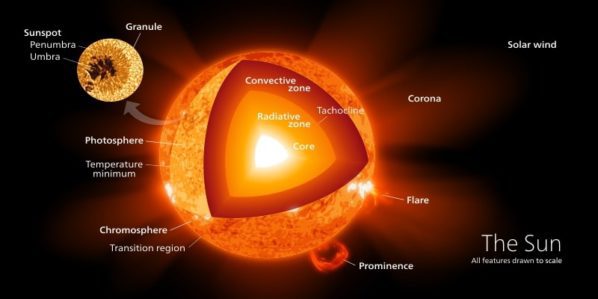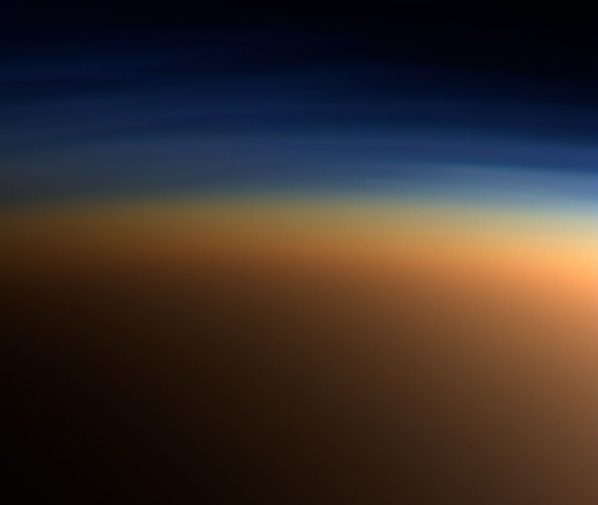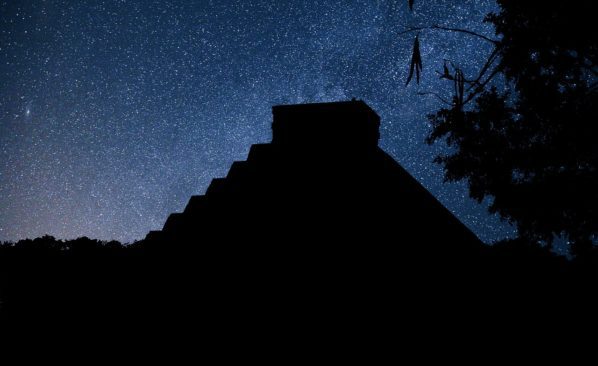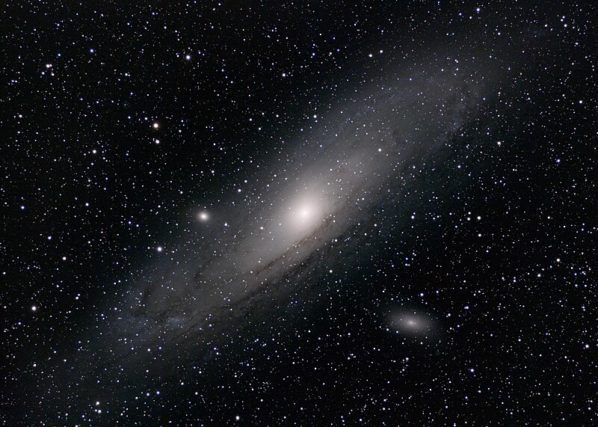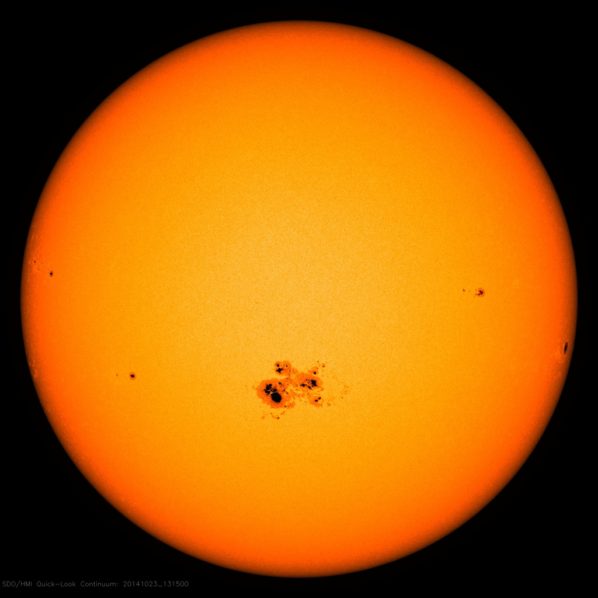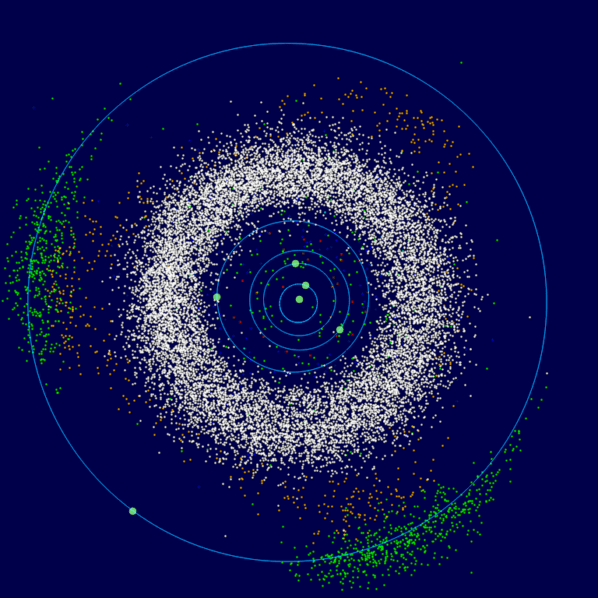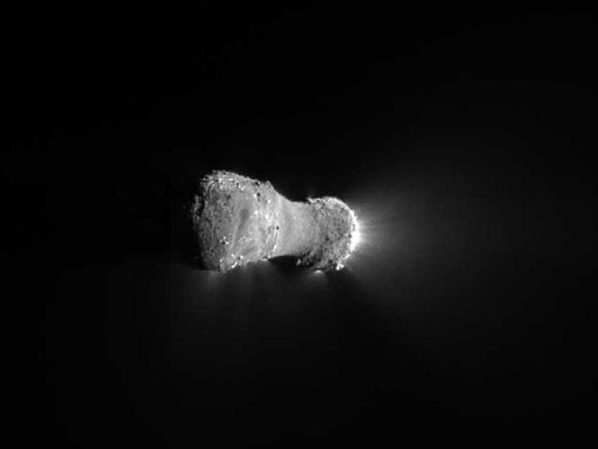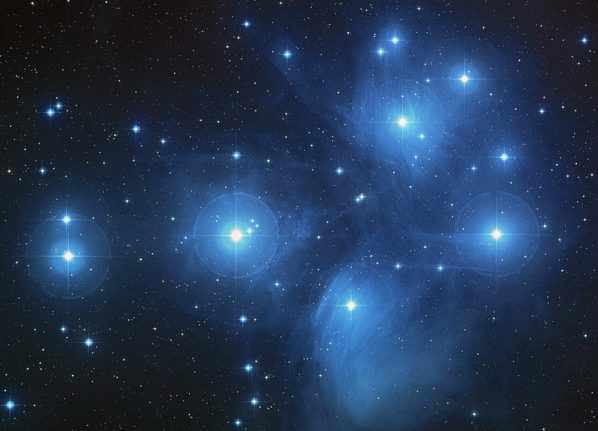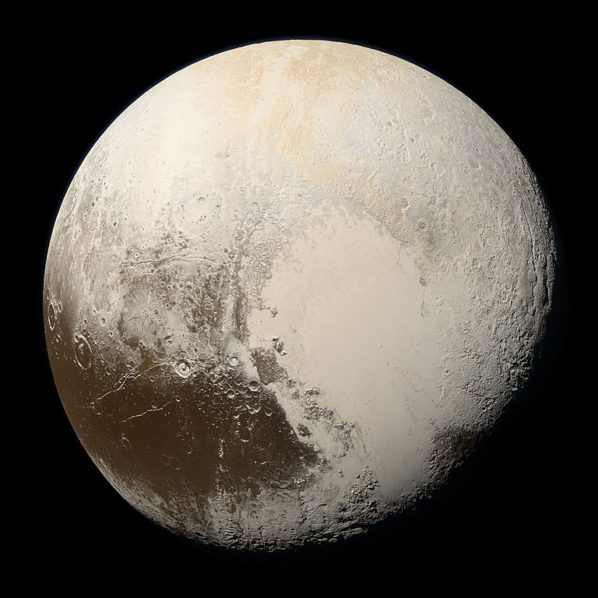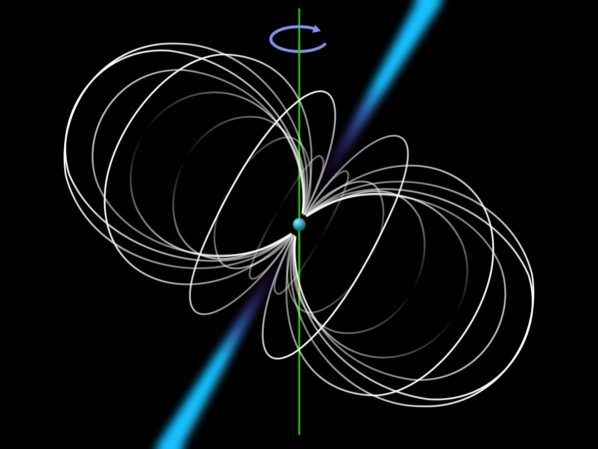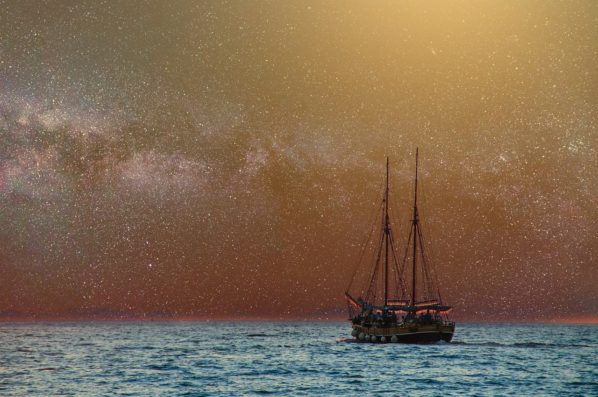Astronomy
Embark on an astronomical journey. Explore the cosmos, study celestial objects, and unravel the mysteries of the universe through astronomy's fascinating realm.
Unveiling the Majestic Beauty of the Rosette Nebula
The Rosette Nebula: A cosmic wonder in Monoceros constellation. Learn about its stunning features, formation, and why it appears as a skull.
Stargazing Calendar for November 2023
November 2023 brings celestial spectacles: meteor showers, planetary oppositions, and captivating conjunctions. Don't miss these cosmic events!
Where Are Most Asteroids Found?
Asteroids, fascinating celestial objects, are primarily found in the Main Asteroid Belt between Mars and Jupiter, as well as near-Earth and Trojan orbits.
Why Is Venus the Hottest Planet?
Discover why Venus, not Mercury, is the hottest planet in our solar system. Uncover the factors that contribute to Venus's extreme temperature.
The Fascinating World of Asteroid Davida
Discover the intriguing asteroid 511 Davida. Explore its origin, characteristics, and the scientific significance it holds for our understanding of the universe.
Why Do We Think Triton Is a Captured Moon?
Discover the key evidence suggesting that Triton, Neptune's moon, is a captured moon. Explore its unusual orbit, composition, and unique features, uncovering the mystery of its origins.
What Separates the Inner and Outer Solar System?
Explore the differences between the inner and outer solar system, from rocky planets to gas giants. Uncover their unique features and ongoing exploration.
What Heats the Chromosphere and Corona to High Temperatures?
Uncover the Sun's scorching secrets – magnetic field, nanoflares, and more. Delve into the mysteries of its super-heated chromosphere and corona.
Why Are Star Clusters Ideal Laboratories for Stellar Evolution?
Explore why star clusters are pivotal in testing stellar evolution. Learn how their age, diverse populations, proximity and homogeneity make for an ideal laboratory.
How Are Astronomers Able to Explore the Layers of the Sun Below the Photosphere?
Astronomers use helioseismology, spectroscopy, magnetic field studies, and space missions to explore the Sun's layers beneath the photosphere.
Why Does Titan Have a Dense Atmosphere?
Discover why Titan has a dense atmosphere. Learn how its unique composition, gravity, and Saturn's magnetic influence shape this moon's atmosphere.
What Practical Value Did Astronomy Offer to Ancient Civilizations
Explore how ancient civilizations used astronomy practically. From navigation to calendars, stars shaped daily life. Learn from the Mayans & Greeks.
Stargazing Calendar for October 2023
October's night sky is set to dazzle with celestial spectacles. From planetary alignments to meteor showers and eclipses, don't miss these captivating astronomical events.
How Is the Sunspot Cycle Directly Relevant to Us Here on Earth?
The sunspot cycle, occurring every 11 years, influences Earth's weather, communication, and power. Solar flares can disrupt technology. Preparedness is key.
Why Didn’t a Planet Form Where the Asteroid Belt Is Now Located?
The asteroid belt is an enormous region of space between the orbits of Mars and Jupiter. It contains millions of rocky bodies ranging in size from small particles to large asteroids. For centuries, astronomers have been looking for planets there, sometimes mistaking large asteroids like Ceres, Vesta, and Pallas for planets. In the end, though, no real planet was ever discovered in this area.
Stargazing Calendar for September 2023
This month, the night sky beckons with a captivating celestial lineup. Look forward to the intriguing dance of planets in conjunctions, the mesmerizing streaks of meteors during showers, and Venus radiating at its brightest. Don't miss the chance to witness Comet Hartley 2's close encounter or the majesty of the 47 Tuc globular cluster. The September sky promises a celestial spectacle for all to enjoy!
Stargazing Calendar for August 2023
Get ready for a celestial spectacle in August! This month promises a series of exciting events in the night sky, including many conjunctions, meteor showers, and oppositions of asteroids and Saturn. Whether you're a seasoned stargazer or a curious observer, there's plenty to look forward to in the awe-inspiring cosmic events unfolding above us.
Stargazing Calendar for July 2023
Get ready for a month filled with celestial wonders! In July, Mercury transitions in the sky, Venus and Mars dance closely, and comets reach perihelion and perigee. Don't miss the supermoon, many conjunctions, asteroid 15 Eunomia and Pluto at opposition, three meteor showers, and other breathtaking events. Grab your telescope and prepare for a dazzling show in the night sky throughout the month of July.
A Pulsar With Planets
Pulsars emit deadly radiation, disintegrating DNA and making them dangerous. Surprisingly, some have planets orbiting them, defying current theories.
What is Celestial Navigation?
We've been dreaming of the stars for longer than we can remember, staring up at the twinkling lights that fill the night sky and wondering what they are. We've even written songs about them. Centuries ago, before the advent of GPS, explorers and adventurers relied on celestial navigation to help them map a path to their destination. What is celestial navigation, how does it work and when was it relied upon?

